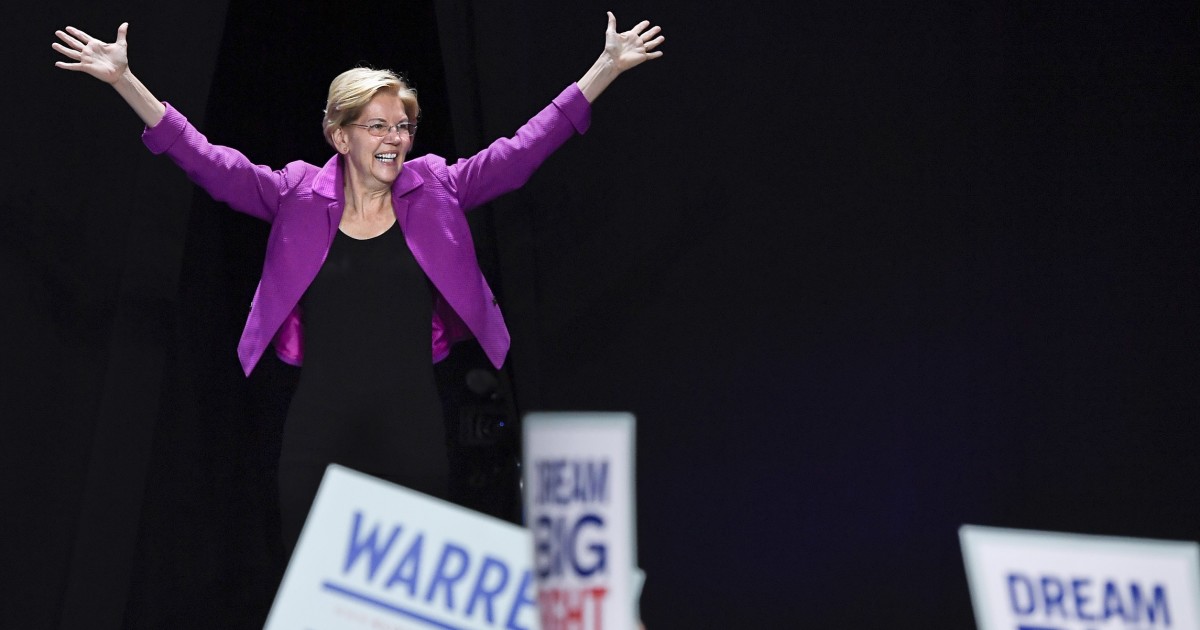
Presidential hopeful Elizabeth Warren just released her plan to pay for Medicare for All. It’s ludicrous from the jump.
For starters, its price tag is “only” $ 20.5 trillion in new federal spending over 10 years. That’s $ 10 trillion less than both the libertarian Mercatus Center and the left-leaning Urban Institute estimate Medicare for All’s cost to be.
Warren has even failed to convince the usually sympathetic comedians on Saturday Night Live, who spun her pledge not to “raise taxes on the middle class by one penny” as a promise to raise middle-class taxes by several trillion pennies.
The nonpartisan Committee for a Responsible Federal Budget recently released a report outlining how our country could come up with those several trillion pennies. The options are alarming — and have no chance of garnering the support of the public.
For example, the federal government could gin up $ 30 trillion over a decade by reducing all nonhealth spending by 80%. That’s absurd. An 80% cut to the military, for example, would require reducing the number of soldiers and officers from 1.3 million to just 270,000. The average new Social Security benefit would drop from $ 18,000 annually to just $ 3,600 a year.
The CRFB also took a look at what kind of taxes would be required to raise $ 30 trillion. One idea is a new 32% payroll tax on top of the existing 15.3% payroll tax. The result would be a total tax rate of over 47% on just about every dollar of wage income in this country. Middle-class workers ultimately pay these payroll taxes in the form of lower wages.
The government could also more than double all individual and corporate income tax rates. That would make U.S. corporate tax rates the highest among developed nations. Alternatively, the government could allow national debt to double to reach 205% of the economy — five times the historic average.
Doubling Americans’ tax burden, or borrowing two times the total capacity of the U.S. economy, are recipes for economic catastrophe. That’s exactly what supporters of Medicare for All appear to be calling for.
Sally C. Pipes is president, CEO, and Thomas W. Smith fellow in healthcare policy at the Pacific Research Institute. Her latest book is The False Promise of Single-Payer Health Care (Encounter). Follow her on Twitter @sallypipes.
